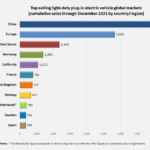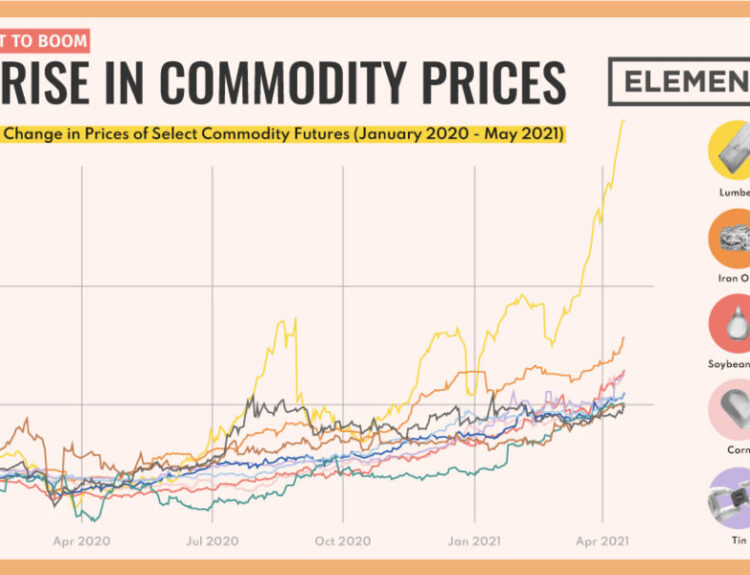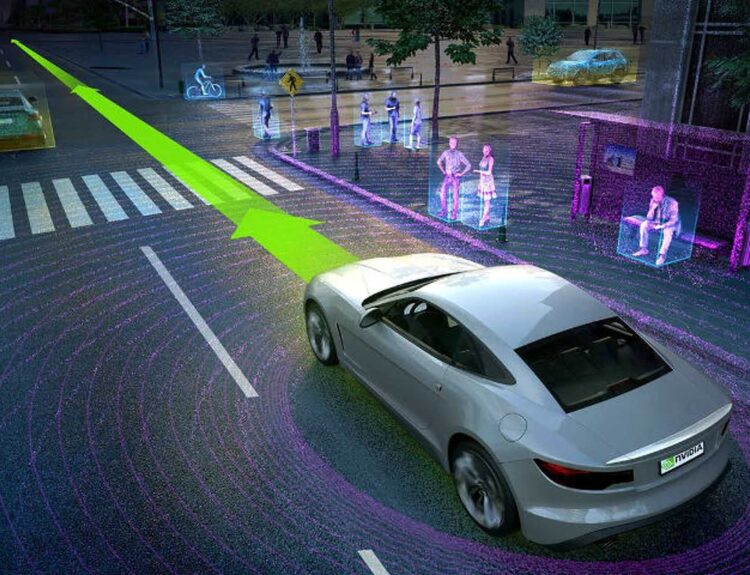AI’s potential for boosting productivity and economic growth is tempered by slow adoption
- AI is boosting the stock market and generating buzz, but its impact on the economy will take time
- Estimates suggest AI could add 0.1-0.6 percentage points to productivity growth each year
- Realistically, AI will likely have an average growth effect of 0.4 points over the next 10 years
- Prospects for economic growth are currently grim, with growth cooling to 1.4% this year
- AI’s impact on GDP growth is a second half of the decade and 2030s story
- Productivity gains have been the main driver of economic growth, but have cooled since 2012
- AI benefits will be unevenly spread across industries, with technology firms benefiting first
- Industries requiring manual labor will take longer to adopt AI
- The slow and uneven introduction of AI and the difficulty in predicting its impact contribute to the uncertainty
Artificial intelligence (AI) is generating excitement and boosting the stock market, but its impact on the economy is expected to be slow and uncertain. Estimates suggest that AI could add 0.1-0.6 percentage points to productivity growth each year, with a realistic average of 0.4 points over the next decade. However, the current prospects for economic growth are grim, with growth cooling to 1.4% this year. AI’s impact on GDP growth is seen as a story for the second half of the decade and the 2030s. Productivity gains, which have been the main driver of economic growth, have cooled since 2012. While AI benefits will be unevenly spread across industries, technology firms are expected to benefit first. Industries requiring manual labor will take longer to adopt AI. The slow and uneven introduction of AI, coupled with the difficulty in predicting its impact, contribute to the uncertainty surrounding its potential for economic growth.
Public Companies: Nvidia (NVDA), Microsoft (MSFT), Palantir Technologies (PLTR)
Private Companies: undefined
Key People: Tera Allas (Director of Research and Economics at McKinsey in London), Joseph Briggs (Analyst at Goldman Sachs), Paul Krugman (Nobel Prize-winning economist), Alan Greenspan (Former Federal Reserve Chairman), Scott Likens (Head of Global AI and Innovation Technology at PwC), Neil Shearing (Chief Economist at Capital Economics), Brian Swint (Author of the article)
Factuality Level: 7
Justification: The article provides information from experts at McKinsey and Goldman Sachs about the potential impact of AI on productivity and economic growth. It acknowledges that AI is currently overhyped and adoption is a question mark. The article also discusses the slow and uneven introduction of AI and the challenges in predicting its impact accurately. Overall, the article presents a balanced view of the topic.
Noise Level: 3
Justification: The article provides relevant information about the potential impact of AI on the economy and productivity growth. It cites estimates from McKinsey and Goldman Sachs and discusses the challenges and timeline for AI adoption. However, the article contains some filler content and repetitive information, which lowers its overall noise level.
Financial Relevance: Yes
Financial Markets Impacted: The article discusses the impact of artificial intelligence on the stock market, specifically mentioning stocks like Nvidia, Microsoft, and Palantir Technologies that have seen their valuations lifted due to AI.
Presence of Extreme Event: No
Nature of Extreme Event: No
Impact Rating of the Extreme Event: No
Justification: The article primarily focuses on the potential impact of artificial intelligence on the economy and productivity, without mentioning any extreme events or financial crises.
 www.marketwatch.com
www.marketwatch.com 





